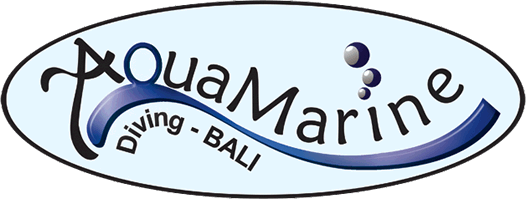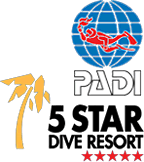Responsible Diver Preserve their Environment
When planning your holiday, choose resorts and liveaboards that have environmentally conscious policies; look for any awards they may have received. Ask: Do they actively contribute to the sustainability and preservation of topside and marine environments?
Encourage your guides to act responsibly; often they are simply over-zealous in their desire to please.
Be sure to streamline your equipment, ensure you are correctly weighted, and watch your buoyancy when diving near a coral reef or other sensitive environment. Be careful not to kick sand onto, stand on, or touch coral.
Educate yourself about seafood and the source of the seafood that you eat. Check www.fishonline.org. Do not patronise restaurants that serve Shark Fin Soup and Napoleon wrasse. Be aware that any live reef fish have often been caught using sodium cyanide – poisonous to you and to the reefs.
Buy your dive gear from manufacturers that contribute to the welfare of the ocean. Contact the company directly if you are unsure.
If you see pictures showing animal harassment or articles that are ecologically offensive, please write to the publisher. They exist because you pay to see or buy their products so tell them when they are wrong.
Research and educate others on the issue of captive dolphins and whales.

Increase your knowledge of the environment, above and below water, by attending (marine) ecology programmes. Participate in eco-tourism and research diving expeditions.
Use operators who employ local people thereby providing them with education and training, as well as bringing direct and indirect benefits to their communities.
When you have the opportunity to meet local people, talk to them about environmental issues that affect the area, while ensuring you show respect for their traditions and culture. All grassroots efforts start from just one or two people having an idea.
Never throw anything into the sea and set an example by not removing shells, corals or fish (alive or dead). If you collect rubbish while diving, be careful it hasn’t already been adopted by local marinelife such as an octopus in a broken bottle.
Report environmental damage, or practices that could be damaging, and encourage responsible behaviour such as the use of permanent moorings, even if it means a longer surface swim.
Donate time and/or money to conservation efforts at home and overseas. Support Marine Protected Areas (MPAs) such as Marine Parks.
Tell others about your experiences, good and bad; never be afraid to lead by example.

Remember: More than seven-tenths of the world’s surface is covered by water; we need it for our very survival. All education, for yourself, for children, for anyone, is an investment for the future.
“In the end, we will conserve only what we love,
we will love only what we understand,
and we will understand only what we are taught.”
Baba Dioum, Senegalese Conservationist








